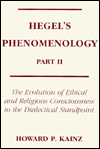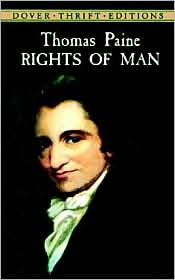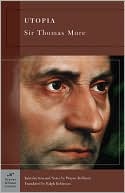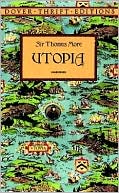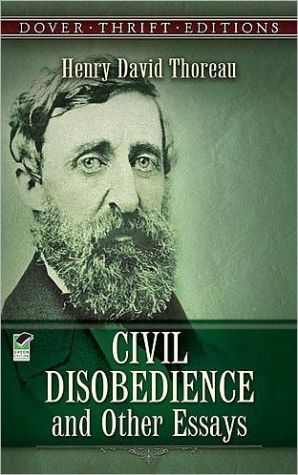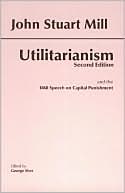Hegel's Phenomenology, Part II: The Evolution of Ethical and Religious Consciousness to the Absolute Standpoint
Hegel's Phenomenology of Spirit is considered by many philosophers to be one of the most difficult Western philosophical masterpieces. Its difficulty is matched by its importance not only in the development of Hegel's own thought but also by its fundamental impact on later thinkers.\ Kainz's book is an analysis and commentary on the second half of Hegel's Phenomenology of Spirit. It follows his earlier exposition of Hegel's Phenomenology, Part I: Analysis and Commentary (University of...
Search in google:
Hegel's Phenomenology of Spirit is considered by many philosophers to be one of the most difficult Western philosophical masterpieces. Its difficulty is matched by its importance not only in the development of Hegel's own thought but also by its fundamental impact on later thinkers. Kainz's book is an analysis and commentary on the second half of Hegel's Phenomenology of Spirit. It follows his earlier exposition of Hegel's Phenomenology, Part I: Analysis and Commentary (University of Alabama Press, 1976) and continues where that work left off. Kainz's work provides the reader with a very useful guidebook through the wandering mazes of Hegel's difficult work. It follows the text closely, clarifying important ideas in a refreshing way and shedding light on obscure passages without giving the impression that the original is simple, for it recognizes the persistence of key problems in Hegelian interpretation.
PrefaceviiiConventionsxiiIntroduction to the Analysis of Part II of Hegel's Phenomenology1Analysis of Part II9VI.Spirit11Introductory Remarks11A.Spirit as "True." Objective Ethicality. [Ethical and Legal Consciousness]13a.The Ethical World. Human and Divine Law. Man and Woman [Ethical Consciousness]14b.Ethical Action. Human and Divine Knowledge. Guilt and Destiny23c.The Condition of Right or Legal Status [Legal Consciousness]30Introductory Remarks30B.Self-Alienated Spirit. Culture. [Cultural Consciousness]35Introductory Remarks35I.The World of Self-Alienated Spirit38a.Culture and its Realm of Activity [Economic vs. Political Consciousness]38Introductory Remarks391.The heroism of flattery472.Base flattery493.The language of distraughtness50Introductory Remarks504.The confrontation of the distraught consciousness and the honest consciousness52b.Faith and Pure Insight [Catholic vs. Secular Consciousness]54Introductory Remarks541. (a)Faith considered in itself591. (b)Faith in relation to the actual world of culture601. (c)Faith in relation to the attitude of Insight612. (a)Insight in itself61II.Enlightenment [The Pyrrhic Victory of Insight over Faith]62Introductory Remarks622. (b)Insight in relation to the world63a.The Struggle of Englightenment with Superstition642. (c)Insight in relation to Faith642. (c)-1.Insight as inherently one with Faith652. (c)-2.Insight as the antithesis of the world of Faith66b.The Truth of Englightenment [Utilitarianism]78III.Absolute Freedom and Terror [Revolutionary Conciousness]83Introductory Remarks83C.Spirit That is Certain of Itself. Morality. [Moral Consciousness]92Introductory Remarks92a.The Moral View of the World95b.Dissemblance or Duplicity101c.Conscience. The "Beautiful Soul." Evil and its Forgiveness107Introductory Remarks107VII.Religion [Spirit as Self-Conscious or Transcendent]125Introductory Remarks125A.Nature-Religion [Intersubjective Self-Consciousness through Nature]131Introductory Remarks132a.The Religion of Light [Lichtwesen]134b.Plant and Animal Deification135c.The Religious Artisan136B.Religion in the Form of Art [Intersubjective Self-Consciousness through Art]138Introductory Remarks138a.The Abstract Work of Art140b.The Living Work of Art145c.The Spiritual Work of Art147C.Revealed Religion [Intersubjective Self-Consciousness through Christianity]154Introductory Remarks154a.The Trinity Conceived in its Interiority161b.The Relations of the Triune Absolute ad extra162c.Synthesis of the Divine and the Human in a Religious Community after the Protestant Pattern164Introductory Remarks164VIII.Absolute Knowledge [The Dialectical Comprehension of the Content of Religion]172Introductory Remarks172A.Spirit's Reconciliation of Consciousness and Self-Consciousness in Conscience178B.Religion's Reconciliation of Self-Consciousness and Consciousness in the Christian Community180C.Unification of the Two Reconciliations in Absolute Knowledge181AppendixSome Literary Works Used by Hegel187Bibliography194Index199
